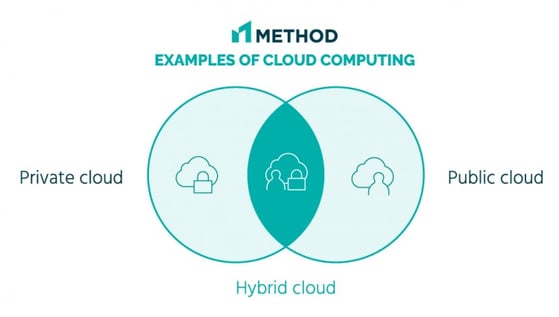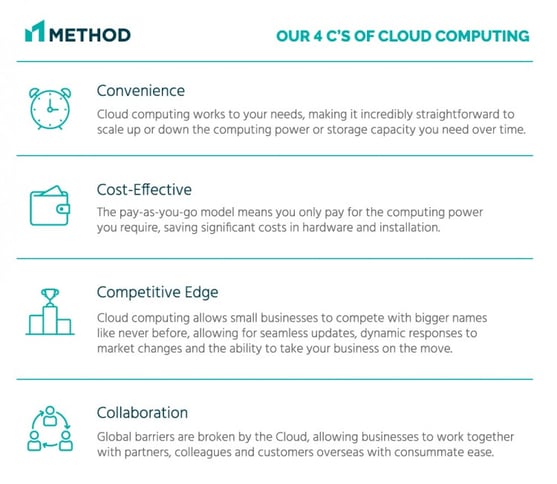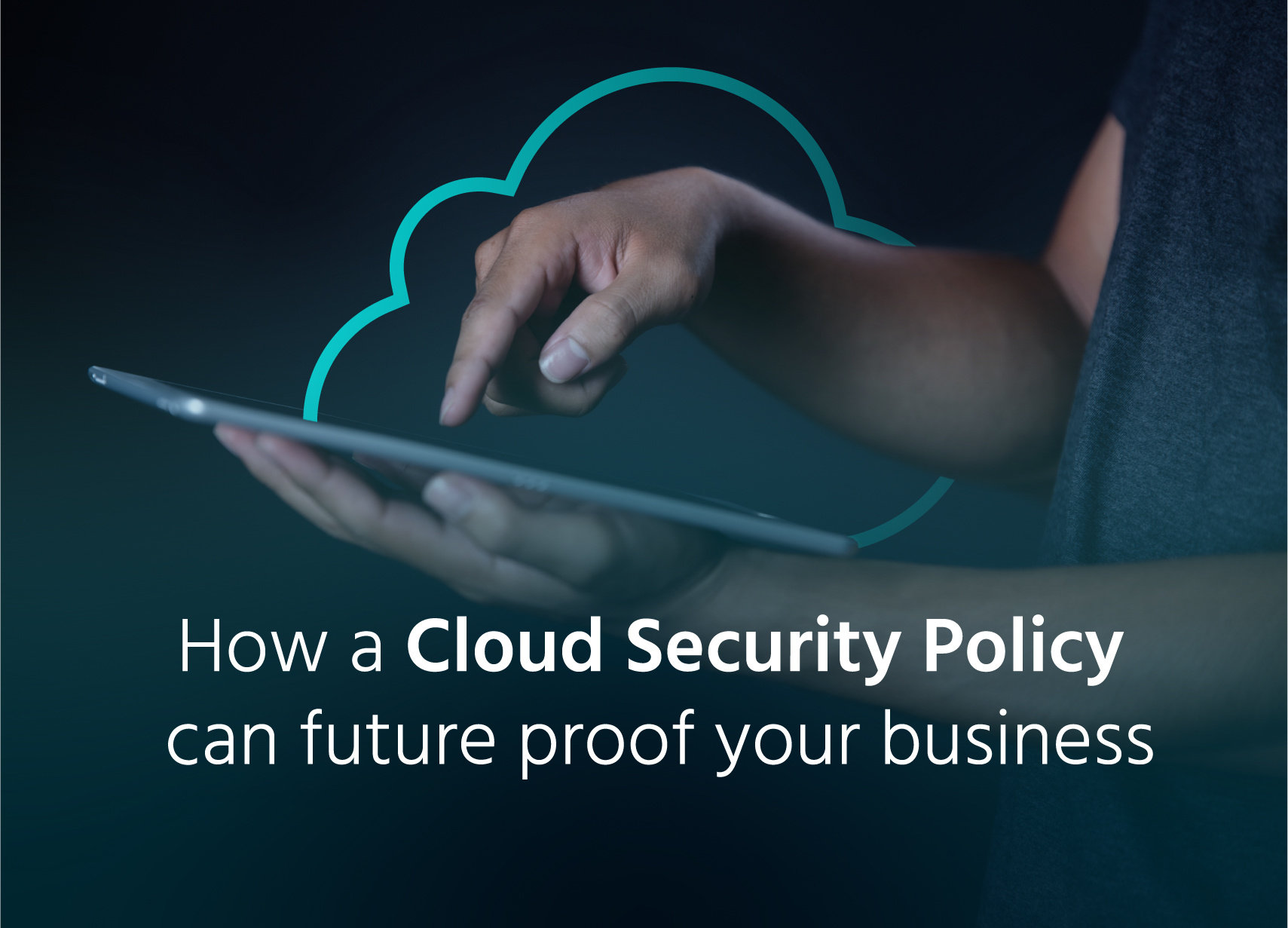As previously mentioned, there have been examples of online applications relying on remote processing since the earliest days of dial-up. Search engines and web-based mail were the most prevalent examples, with web-based drop-boxes introducing the public to cloud storage a few years later.
In the last decade nearly every popular website or application has adopted a degree of web-based processing and storage. Whether selling items on eBay or staying up-to-date via RSS feeds, you are taking advantage of what could loosely be defined as cloud computing.
But what examples do we have of cloud computing for business use in particular?
Well, the current market leader is Amazon Web Services, or AWS, which is of course Amazon’s offering. Used by in excess of 1 million users in 190 countries, AWS netted $6.679bn for Amazon in Q3 2018 alone. The service provides a broad range of services including computing power, secure storage and a variety of business applications to clients that include Capital One and AirBnB.
Given that Microsoft Office held the monopoly in office systems for so long, it no surprise that Microsoft, with Office 365 and the Azure service, is also a major player. As of the close of 2018, Office 365 boasts 31.4 million subscribers. The Azure cloud computing service, meanwhile, in the last quarter of 2018 increased subscribers by 89% year on year and offers users over 100 tools and 150 Azure Logic Apps connectors that are compatible with just about any major platform you can think of.
Google’s open-source, cloud-based Google Docs is familiar to users of Microsoft Office and is a very popular low-cost alternative. Google’s “G Suite” offers businesses bundled access to the all-familiar Google tools such as Docs, Drive, Gmail, Calendar etc. with more advanced functions also available: from enhanced processing via Compute Engine, app building and management via Cloud Services Platform, image recognition via Cloud vision and much more.
IBM’s Multicloud platform offers functionality far in advance of storage and office applications, using technologies such as AI to support business clients juggling multiple datacentres. Claiming that 71% of businesses are now using 3 or more clouds, through Multicloud IBM seeks to bring vital integration and agility for businesses working across various platforms.
The industry that is currently growing up around supplying cloud solutions for business is an exciting one, with longstanding names in the IT world as well as emerging companies rushing to supply a hungry market. Our expert consultants are on hand to help guide you through the options that are out there and help you make sure you find the supplier that best meets your needs.





Comments (1)